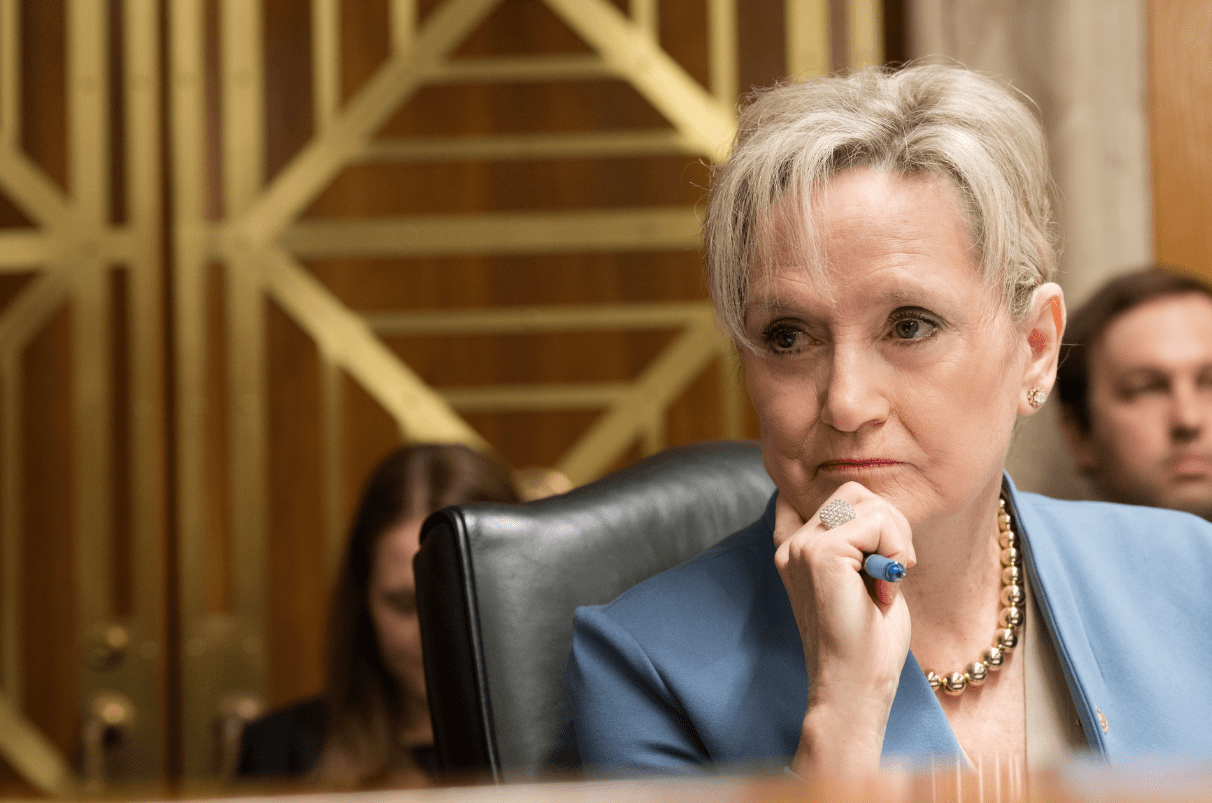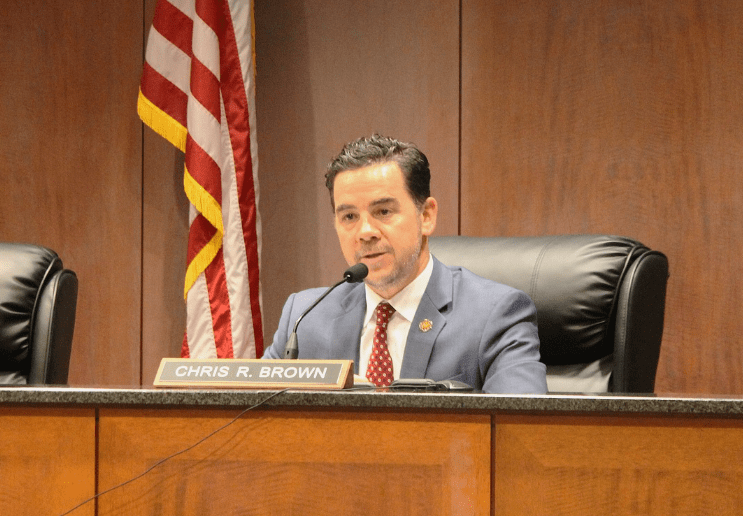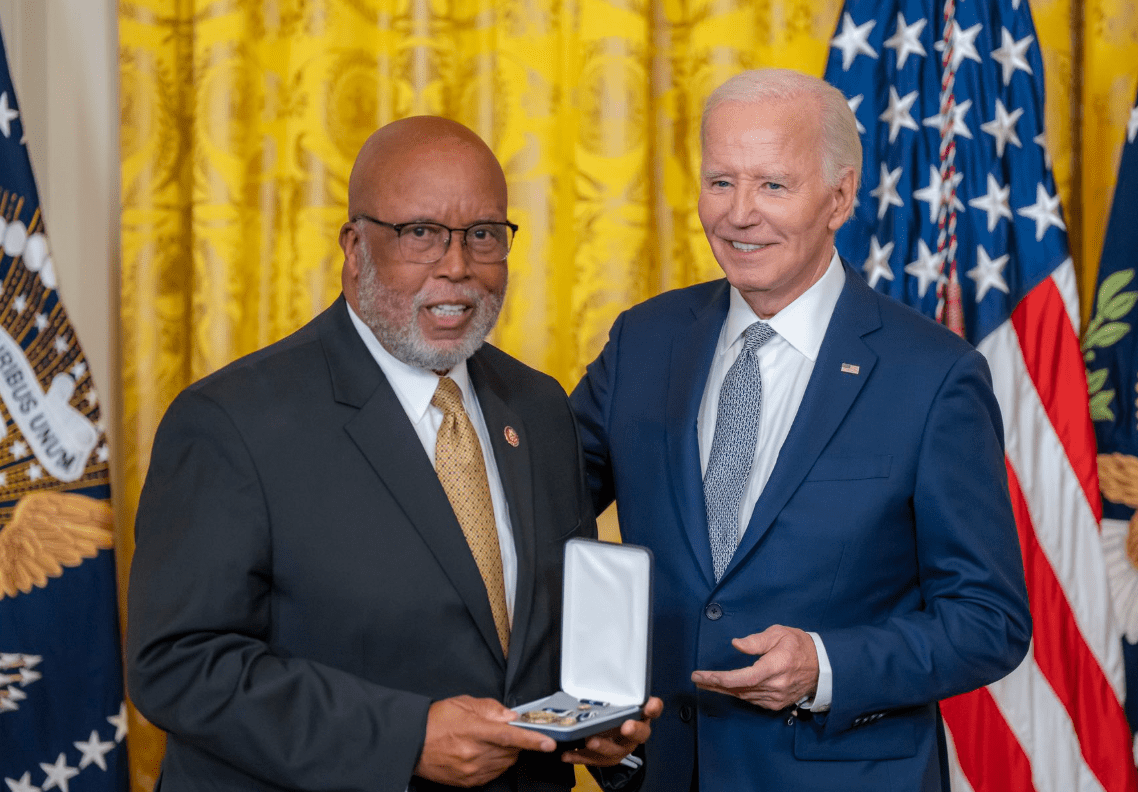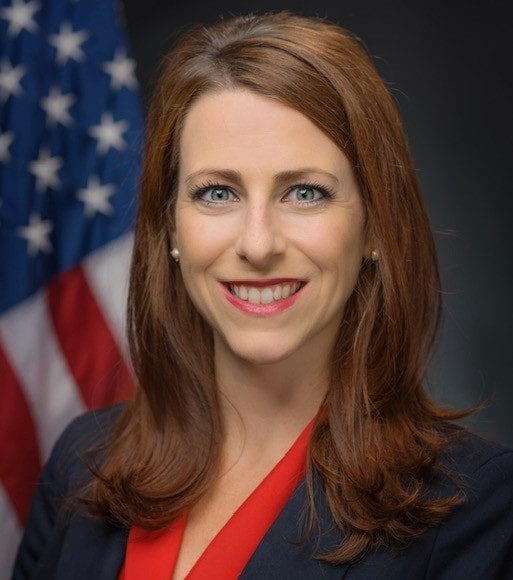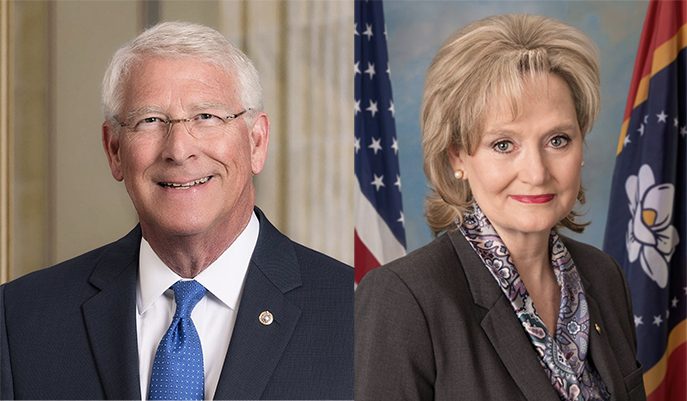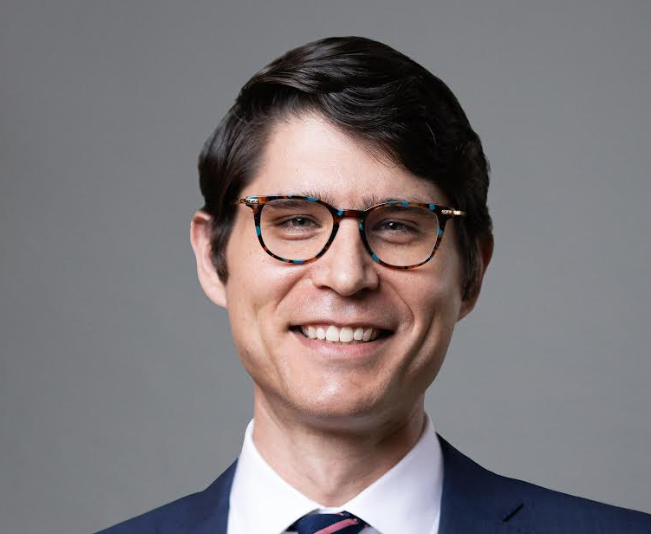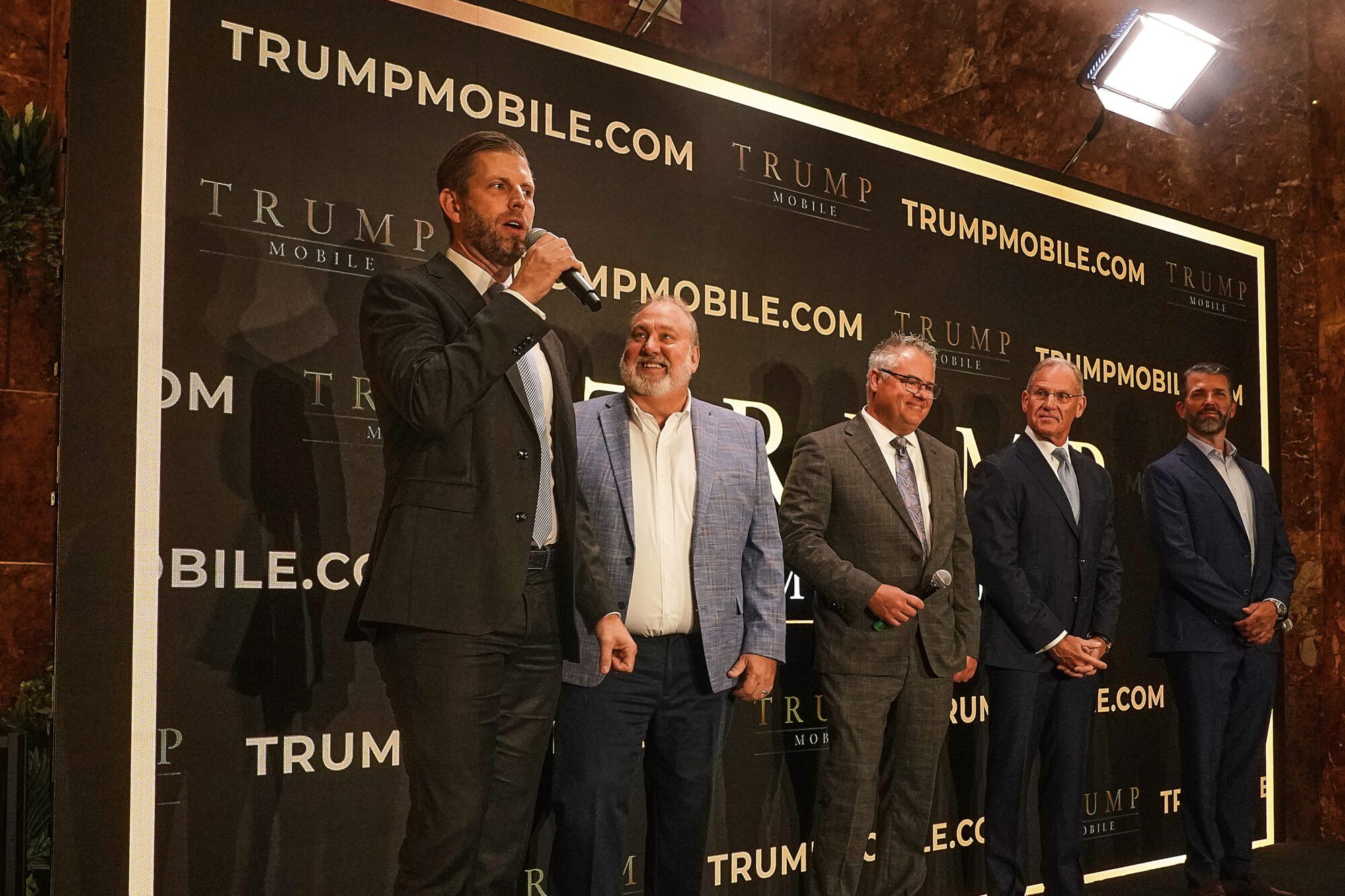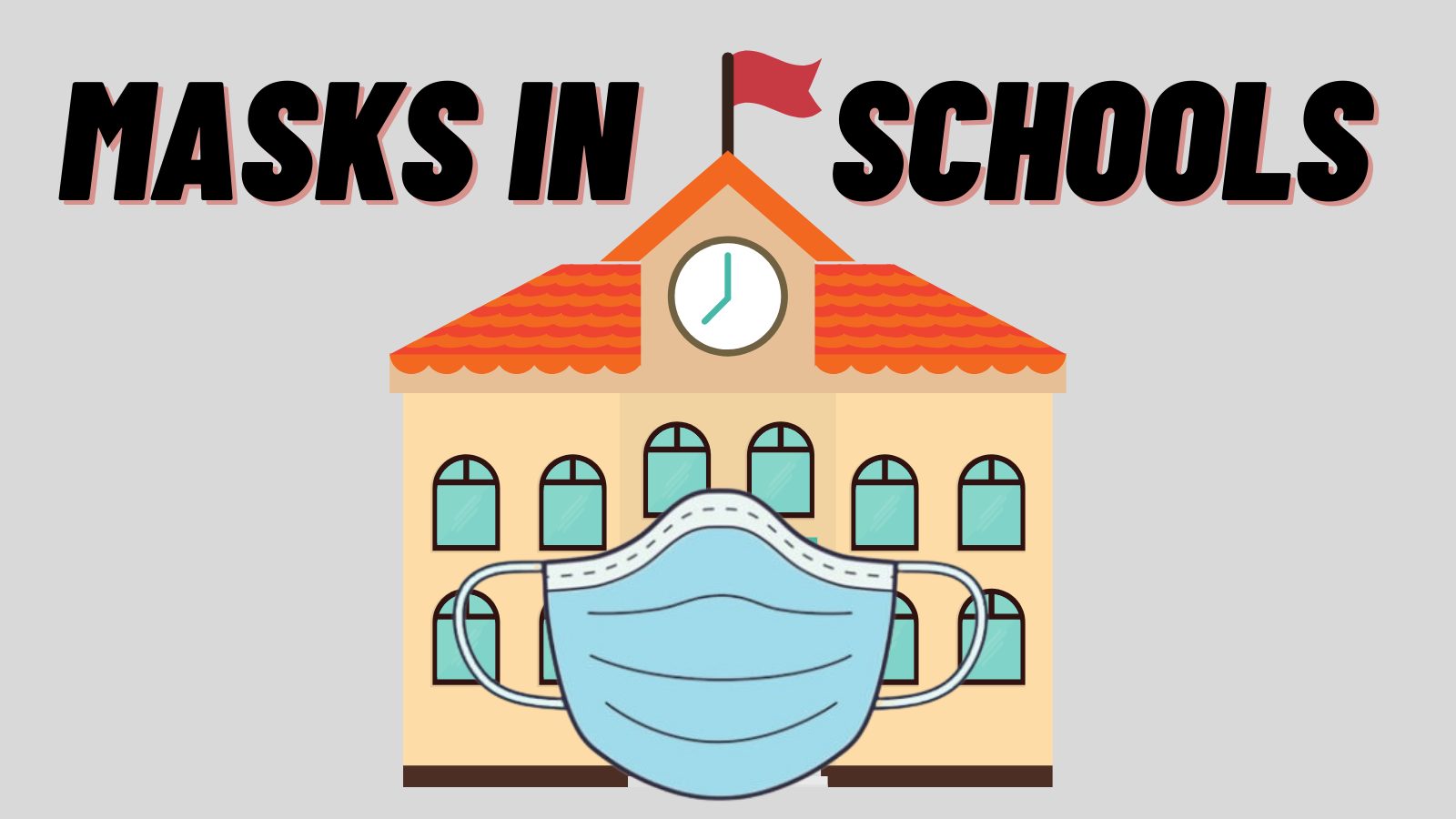
The answer isn’t as simple as you might think.
According to the Mississippi Department of Health, COVID-19 cases are rising across the state, in large measure due to the Delta variant and low vaccination rates. This has led MSDH and the CDC to recommend mask wearing in schools while in-doors for both the unvaccinated and vaccinated.
Today MSDH is reporting 1,574 more cases of COVID-19 in Mississippi, 34 deaths, and 127 ongoing outbreaks in long-term care facilities. State #covid19 totals: 350,070 cases, 7,590 deaths, and 1,038,185 persons fully vaccinated. Full information: https://t.co/YCv9xPyJDk pic.twitter.com/pxy8KkUhYt
— Mississippi State Department of Health (@msdh) August 3, 2021
Instead of simply following the MSDH and CDC guidance and recommending this course of action, as recommendations do not carry the weight of law, some school districts have chosen to go a step further, unilaterally imposing mask mandates upon students, teachers and visitors on public school campuses as in-person classes resume in Mississippi.
Governor Tate Reeves has repeatedly said that he has no intention of reinstituting the mandating of masks in schools. He ratcheted that up a notch last week at the Neshoba County Fair saying the change in the CDC mask guidance was “foolish” and “harmful.”
“It reeks of political panic so as to appear they are in control. It has nothing to do with rational science. In Mississippi, we believe in freedom,” Reeves told the crowd.
The declared state of emergency in Mississippi expires on August 15th. Absent its extension, it remains unclear as to whether the Governor then has the authority to mandate mask wearing at that point, or even whether the Governor could order that school districts cannot mandate masks similar to the action taken by the Governors in Florida and Texas.
To say we are in legally unprecedented territory is an understatement.
This has led school districts (and the media) to assume that such decisions are left up to local school boards. However, that leads to further questions.
Do school boards have authority to impose public health mandates that were not first ordered by a state or local governmental entity, such as the Governor, a county or a municipality?
Do school boards have the authority granted by the Legislature as a political subdivision of this state to impose public health mandates on their own volition?
For some, even asking these questions to properly determine a school board’s legal authority in such matters is a “cancellable” offense.
Yet, when emotions and political rhetoric is removed, the black letter law isn’t clear. It now appears that these school districts are essentially issuing mandates in a manner that is akin to “do it and ask forgiveness later” unless the Governor, the Legislature or a court determines otherwise.
Mississippi Code § 37-7-301 outlines the general duties and powers of school boards. Included therein are two references to public health. The statute allows school boards the power:
“…(h) To exclude from the schools students with what appears to be infectious or contagious diseases; provided, however, such student may be allowed to return to school upon presenting a certificate from a public health officer, duly licensed physician or nurse practitioner that the student is free from such disease;
(i) To require those vaccinations specified by the State Health Officer as provided in Section 41-23-37…”
(NOTE: To date, the COVID-19 vaccine is not on the required vaccine list from MSDH.)
Other than those two references, no other duties are expressly defined as it relates to public health.
This same statute goes on to say in sub-sections (l) and (kk):
“…(l) To prescribe and enforce rules and regulations not inconsistent with law or with the regulations of the State Board of Education for their own government and for the government of the schools, and to transact their business at regular and special meetings called and held in the manner provided by law…
…(kk) To exercise such powers as may be reasonably necessary to carry out the provisions of this section…”
Given that there exists no prohibition for school boards to mandate such public health recommendations, it appears the school districts who are mandating masks believe they are within their right to do so as it is not inconsistent with law or other regulations from the Mississippi Department of Education as that entity has endorsed the guidance from MSDH and the CDC.
These school boards are obviously going beyond the recommendations and enacting public health mandates, making further determinations than are expressly defined in their guiding MS Code as set forth by the Legislature.
An argument could be made that since school boards do not have general government authorities as do municipalities, counties or the state, they do not have authority to impose public health mandates not expressly imposed by the local or state government.
Whether the Legislature intended to grant school boards the authority to act in the manner in which they are is a question lawmakers should be asked, and a question citizens may demand clarification on when the Mississippi Senate and House next convene.
In the meantime, those concerned about school districts exceeding their authority under the law could:
- Request that Governor Reeves order a ban on such mandates in public schools. This would likely be met with legal challenges from school districts and other left-leaning groups.
- Request an opinion from Attorney General Lynn Fitch’s office. This office may be reluctant to issue such an opinion as they could be forced to represent the state should a lawsuit be filed.
- Request a special session of the Legislature to have lawmakers address the question of school board authority. That determination is solely at the discretion of the Governor. He nor legislators would likely want to spend tax dollars on this one endeavor. But, if they are already coming into a special session, say to address another matters like medical marijuana, it could be easily added to the call. Other states such as Tennessee are considering this type of action.
- Petition the local school boards to not reach beyond their expressed authority, asking them to repeal such mandates while recommending all persons wear masks in the same vein as MSDH and the CDC, essentially making it optional and leaving it up to the individual teacher and parents. As many school boards are not directly accountable to the people, meaning they are appointed and not elected, this very well may not receive the desired outcome of ensuring that they are not reaching beyond their express authority. They are likely to rely on the sub-sections mentioned above and resort to emotional justifications to make their case in the court of public opinion.
- File a legal action to force school boards to defend their mandates. This could be precedent setting. Such a lawsuit’s chances of success would be 50-50 at best, but the question of school boards’ authority as it relates to public health mandates is uncharted territory. It would be an interesting exercise in the powers granted to school districts by the Legislature that could open the door to other legal questions I would imagine many public school lobbyists and teacher unions would not welcome.
A group out of Oxford has now formed to challenge their local school officials calling themselves “Mississippians for Mask Choice.” Mandy Gunasekara joined the Paul Gallo Show this morning to discuss what’s happening in Lafayette County (See interview below.)
Public school attendance is compulsory. So, in effect, a mandate is essentially removing choice from parents of public school children. A number of Mississippi parents have already taken their kids out of public schools altogether opting for private school or home schooling. An estimated 22,000 Mississippi students (4.8% reduction) have pulled out of public schools since the pandemic.
Most people could never have imagined school boards would be unilaterally mandating public health recommendations but that’s what happens when government – even minor political subdivisions such as schools – is left unchecked and their authority is ill-defined.

